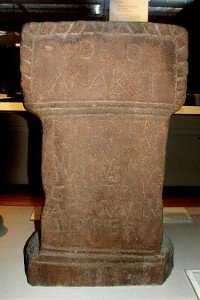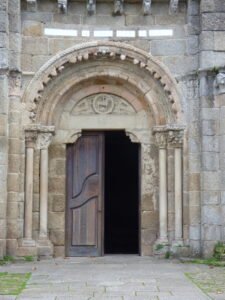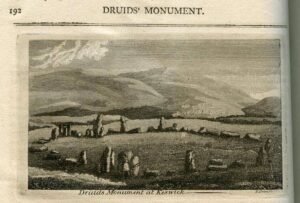“To the goddess Brigantia, Cingetissa set up this offering.”
Category: Brigantia
Jul 08
The Border Reivers
The Border Reivers were a formidable force in the history of Britain, particularly during the tumultuous period from the late 13th century to the early 17th century. These raiders, hailing from both Scottish and English descent, operated along the Anglo-Scottish border, a region marked by constant strife and conflict.












